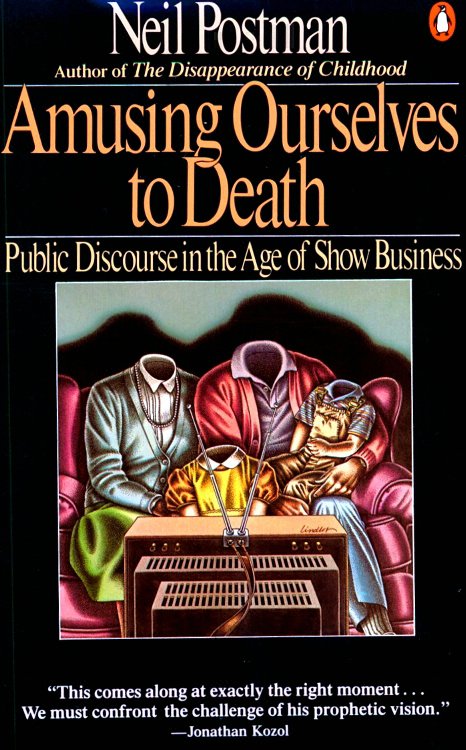Laurie Ouellette: Viewers Like You? How Public TV Failed the People (2002)
Filed under book | Tags: · audience, cultural theory, public broadcasting, television, united states

How “public” is public television if only a small percentage of the American people tune in on a regular basis? When public television addresses “viewers like you,” just who are you? Despite the current of frustration with commercial television that runs through American life, most TV viewers bypass the redemptive “oasis of the wasteland” represented by PBS and turn to the sitcoms, soap operas, music videos, game shows, weekly dramas, and popular news programs produced by the culture industries. Viewers Like You? traces the history of public broadcasting in the United States, questions its priorities, and argues that public TV’s tendency to reject popular culture has undermined its capacity to serve the people it claims to represent. Drawing from archival research and cultural theory, the book shows that public television’s perception of what the public needs is constrained by unquestioned cultural assumptions rooted in the politics of class, gender, and race.
Publisher Columbia University Press, 2002
ISBN 0231119437, 9780231119436
288 pages
PDF (updated on 2013-3-28)
Comment (0)Jacques Lacan: Television: A Challenge to the Psychoanalytic Establishment (1974/1990)
Filed under book | Tags: · psychoanalysis, subjectivity, television

“Here, Lacan points to the dependence of thought and the unconscious on the structure of language. He pits this relation against the notion of thought as grounded in a physical anatomy imagined as an objectified and highly assumptive unity of functions, a singular body. Such a singularity of subjectivity is predicated upon the chain of intersubjectivity, the bonds of civilization, in which it aquires definition. Thus Lacan recognizes that the Aristotelian notion of the subject as object supplies, at the level of the intersubjective, the means of its radical decentering, viz. :
“the ex-sistence [a holding outside] of one more subject for the soul.”
In fact, the physical symptoms of the hysteric, the invasion and disturbance of the body by obsessive thoughts, how to behave, what to say, testifies to the fact that the only relation thought has to the soul-body is one of a differentiating projective ex-sistence.
Lacan argues that the concept of the subject as a composite of thought and soul emerges from efforts to conform thought to the world, for which, under the sway of the aforementioned social bonds, the soul is held responsible. Lacan argues that the object of this responsiblity which passes for “reality” is, in fact, a fantasy, a “grimace of the real”, which simply serves an instinctual purpose: the survivalist perpetuation of thought.”
First part of the book: Television
Translated by Denis Hollier, Rosalind Krauss, and Annette Michelson
Second part of the book: A Challenge to the Psychoanalytic Establishment
Translated by Jeffrey Mehlman
Edited by Joan Copjec
French edition by Les Editions du Seuil, 1974
Publisher W W Norton, New York/London, 1990
ISBN 0393024962
135 pages
Video of the televised lecture the book is based on
more information
more information
PDF (updated on 2012-10-6)
See also special issue of October journal, 1987.
Neil Postman: Amusing Ourselves to Death: Public Discourse in the Age of Show Business (1985)
Filed under book | Tags: · culture, entertainment, mass media, media ecology, show business, social criticism, sociology, television

The book originated with Postman’s delivering a talk to the Frankfurt Book Fair in 1984. He was participating in a panel on Orwell’s 1984 and the contemporary world. In the introduction to his book Postman said that reality was reflected more by Aldous Huxley’s Brave New World where the public was oppressed by pleasure than Orwell’s 1984 where they were oppressed by pain.
Television has conditioned us to tolerate visually entertaining material measured out in spoonfuls of time, to the detriment of rational public discourse and reasoned public affairs. Neil Postman alerts us to the real and present dangers of this state of affairs, and offers compelling suggestions as to how to withstand the media onslaught. Before we hand over politics, education, religion, and journalism to the show business demands of the television age, we must recognize the ways in which the media shape our lives and the ways we can, in turn, shape them to serve out highest goals.
Publisher Penguin Books, 1985
ISBN 0140094385, 9780140094381
Length 184 pages
More info (wikipedia)
More info (publisher)
More info (google books)

